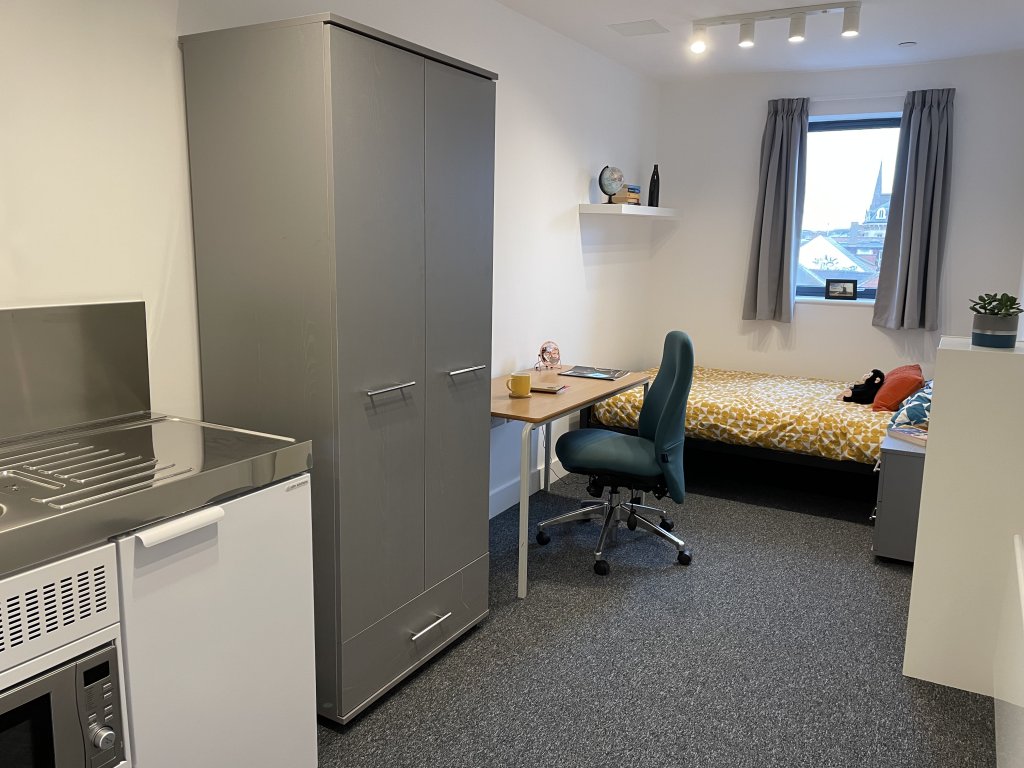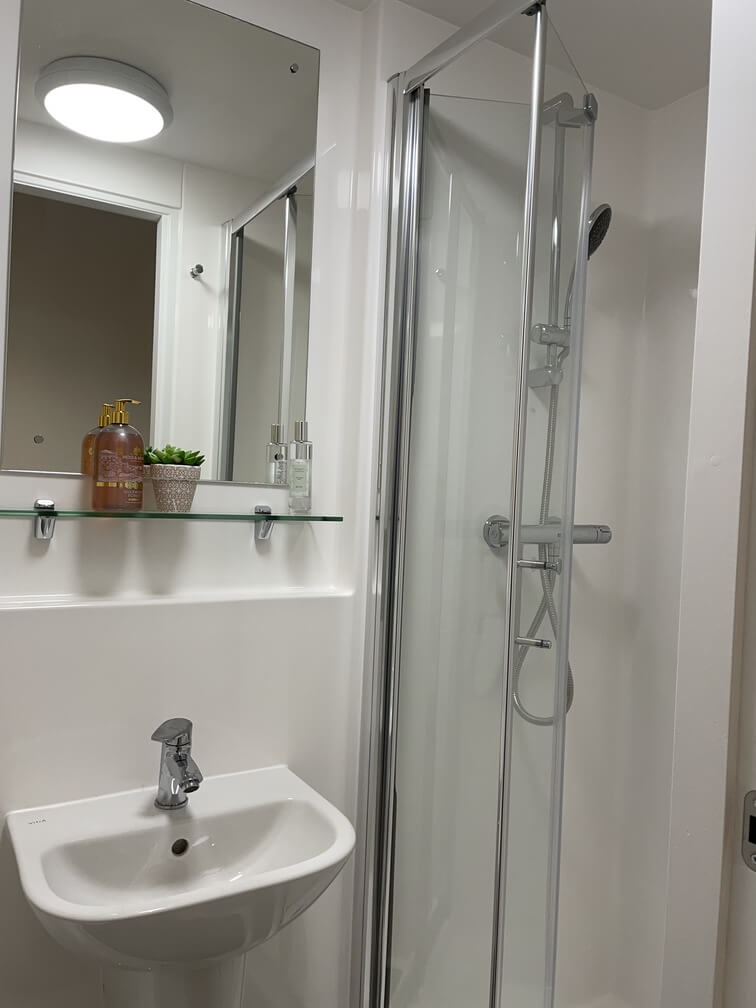What Does The Spring Budget And Economic Outlook Mean For The HMO Industry?

With Rising Inflation, The Cost-Of-Living Crisis, And The Russian Invasion of Ukraine, What Does The Future Look Like?
Chancellor Rishi Sunak announced the Spring Budget on Wednesday 23 March in the midst of surging inflation, skyrocketing household bills, and the ongoing Russian invasion of Ukraine.
While there weren’t any announcements within the Budget Speech directly about the UK property market, there were some measures included that could impact the HMO sector and economy as a whole.
Here I’m going to cover the current economic picture and the outlook for the future, what it means for the HMO industry, and a few tips for planning for the future in the midst of this uncertainty!
Economic Outlook, Inflation, and Interest Rates
For starters, it’s important to keep up with the latest economic picture to help you make the most informed decisions on your property portfolio or HMO business.
Inflation is currently at a 30-year high of 6.2%, and it’s looking like inflation will surpass 8% this year. This is putting pressure on a lot of people’s finances. Additionally, Russia’s attack launched on Ukraine has created uncertainty across the global economy.
Higher than expected energy and goods prices had already caused a cost-of-living crisis within the UK. However, the invasion is adding further pressures on the energy sector and inflation, which is expected to continue in the coming months.
Mortgage interest rates are also on the rise. In the middle of March, the Bank of England increased the base interest rate from 0.50% to 0.75%. This is the third consecutive increase as the base rate has now hit the highest level since March 2020.
Keep in mind that mortgage rates had been at historic lows throughout the past two years due to the spread of the COVID-19 pandemic. Further rises are expected for mortgage rates, so this is something we need to plan for as HMO investors.
Policies Announced in the Spring Budget
Within the Spring Budget, the Chancellor announced a number of new policies in hopes to curb the impact of increasing inflation and the cost of living. Here is a roundup of some of the policies announced:
VAT hiatus on the installation of energy-saving materialsFuel duty cut by £0.05 per litreNational Insurance threshold increased to £12,500
Energy-Saving Materials
For the next five years, there will be no VAT applied to energy-saving materials for residential properties. This includes insulation, heat pumps, and solar panels. With rising energy costs, these financial incentives are being welcomed.
If you’re planning to make energy efficient improvements to your HMO properties in the future, especially with the potential increase of ‘minimum energy efficiency’ standards for the private rented sector looming, it may be worth considering doing this in the next five years.
When buying properties moving forward, you should consider undertaking energy efficient improvements when undergoing refurbishments. So, take a look at what this VAT cut could save you over the next few years.
Softening the Cost-of-Living Crisis
While some of the measures announced in the Spring Budget, such as the fuel duty cut and increase to the National Insurance threshold, will soften the impact of the rising cost of living, some people were hoping to see more help announced, especially for soaring energy bills.
While it’s impossible to predict what the future will hold, additional rises to energy bills and inflation are expected. From April, the energy price cap rise is adding an average of £700 to household energy bills annually. And further rises are expected as the energy price cap will likely be increased again in October.
4 Quick Tips to Help You Plan for the Uncertain Future
Even though we don’t know exactly what the future holds, that doesn’t mean we can’t prepare now for what we could face in the months and years to come!
Here are a few tips to help you manage the current state of the economy and the uncertainty that comes with it.
1. Plan for inflation, energy bills, and interest rates to increase further.
2. Stay up-to-date with the latest happenings not only in the HMO industry but the economy as a whole.
3. Consider how the cost-of-living crisis is impacting your tenants.
4. Make a plan to safeguard and future proof your business as best you can.
Don’t sit around and wait to see what happens! Start preparing for what you can and understand what different economic circumstances could mean for your HMO portfolio or business.
If you need any help with your HMO then please don’t hesitate to contact me.



















